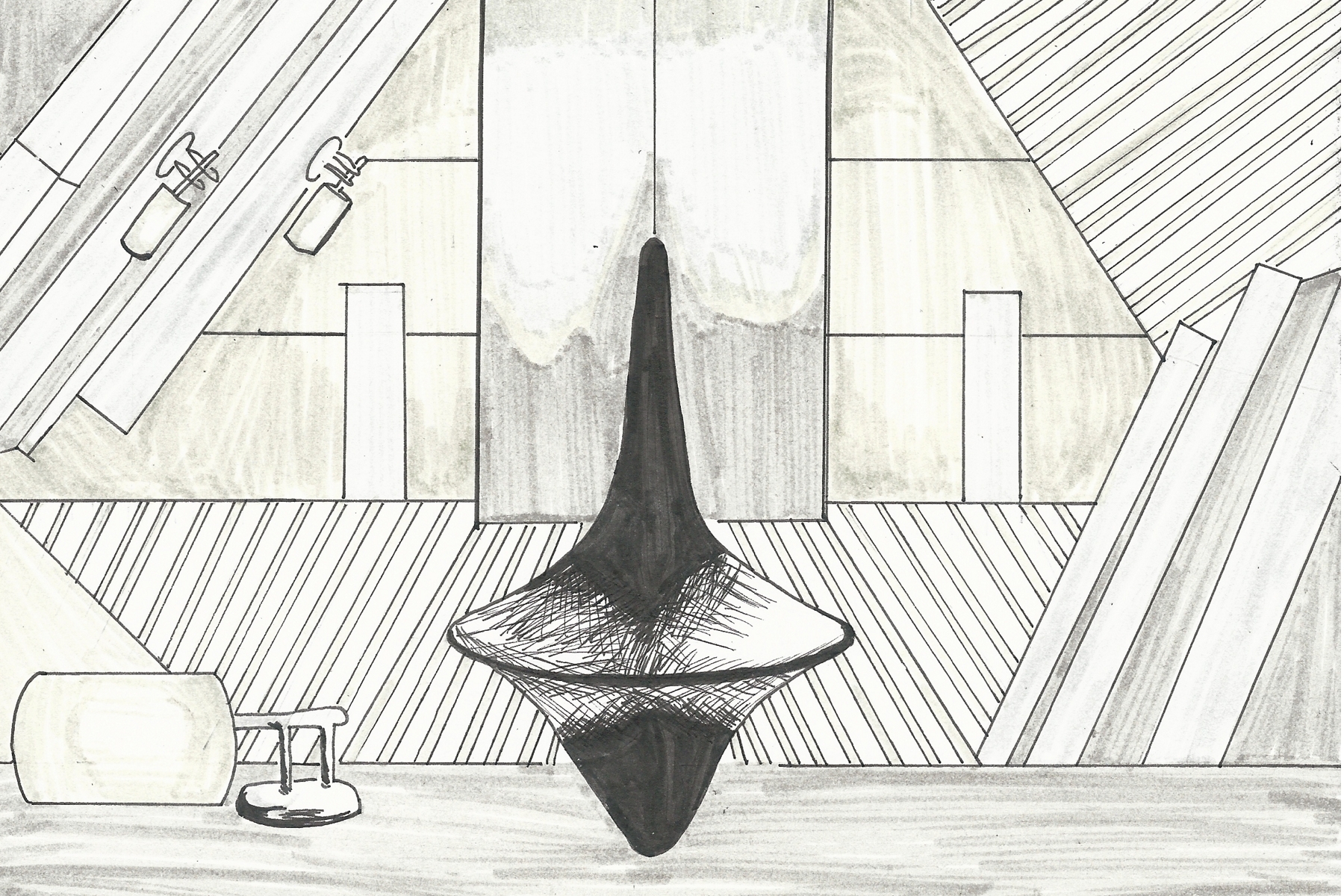When I was in high school I had a very bad chemistry teacher who would frequently derail class to discuss his favorite conspiracy theories. He was a strong believer in the Illuminati and was super into MMA. One day, as we ventured off down a tangent that had nothing to do with chemistry, someone brought up “Inception,” to which he responded “Oh, I have a lot of thoughts on ‘Inception.’” And of course, he did.
Christopher Nolan’s mind-bending epic turned 10 years old on July 16. After revisiting it, I’m left thinking about the ways that pop culture is shaped by the degree of our attention. In some ways, I think “Inception” has been corrupted by its fan base of dorm room philosophers in the same ways as “Fight Club” or “Pulp Fiction.” These aren’t bad movies, they just appeal to people that really want to explain them to you.
But regardless of quality, our associations with the people that praise certain products of popular media affect the lens through which we view that media. Maybe this is why I’m skeptical of “Inception.” Over the years critics, as well as a legion of film bros and internet theorists, have lauded it as one of the best movies of the decade. “Inception” is an aggressively complex film that is both innovative and entertaining and Nolan’s strengths are on full display, with breathtaking set pieces that create a polished and exciting action movie. But is it good?
The answer to that question changes based on the metric that we use to assess it. “Inception” is surrounded by contradictions. It is a striking technical and financial achievement for original films, but in terms of quality it never quite lives up to its own ambitions. While the plot is meticulously crafted to support its dense mythology, it also occasionally drops any pretense of logic. “Inception” asks to be examined but if you look too deep it begins to unravel.
The first time I watched it everything went completely over my head and I found myself pleasantly bewildered. After the second viewing, I was confident that everything made sense. Then several years later I watched it again and found it so annoyingly complex that it seemed to border on self-parody. Perhaps some of this feeling is due to the vice grip that meme culture has taken over popular media as it ages. Every time I hear the phrase “dream within a dream” it makes me laugh and maybe the internet is more at fault for that than Christopher Nolan. But this doesn’t change that the film’s complexity seems to be covering for its lack of substance.
This was perhaps best stated by A.O. Scott of The New York Times. When “Inception” was released, Scott wrote of the film, “It trades in crafty puzzles rather than profound mysteries, and gestures in the direction of mighty philosophical questions that Mr. Nolan is finally too tactful, too timid or perhaps just too busy to engage.”
This has become a consistent flaw that critics have focused on in Nolan’s work that I’m sure will be a relevant talking point if his latest film, “Tenet,” ever hits theaters. Most of his films are very clever without being meaningful and when they do reach for something of higher substance they are weighed down by convolution. That being said, Nolan’s oeuvre of high concept blockbusters is unmatched by his contemporaries. Many have called him a technical genius and he is undoubtedly a master at creating set pieces. Nolan’s primary talent is creating an immersive cinematic experience. Perhaps it’s all right if his films don’t always make sense.
For example, “Inception” is among the gold standard for films that feature beautiful people doing cool nonsense and 10 years later, the cast is still untouchable. While revisiting the film I jotted down some notes on the cast and they read as follows:
— With all due respect to the late Heath Ledger, Marion Cotillard scares me way more than the Joker.
— Michael Caine comes in for two minutes as the wise father figure just to check off some sort of Chris Nolan bingo and I’m very glad he’s there.
— Leonardo DiCaprio plays a very good scowly, handsome man and that’s all I have to say on that.
— Tom Hardy could have been the biggest movie star in the world if he had just continued being charming and British.
— Cillian Murphy is wonderfully pasty and anxious.
— Joseph Gordon-Levitt is still incredible as a very handsome 2×4.
Ultimately, “Inception” proves that if your characters are hot enough, people will happily watch them recite exposition for two and a half hours. But the film’s greatest accomplishment is that Nolan somehow got a major studio to shell out $160 million for a movie about dreams. That kind of money rarely gets spent on original intellectual property and even still it’s hard to see a world where “Inception” gets made without Nolan’s success with the “Dark Knight” trilogy. This alone makes Nolan extremely valuable as a filmmaker.
Which brings me back to metrics. Nolan’s work probably doesn’t always need to be unpacked as a dense philosophical text, and if you choose to do so with “Inception” you might not find much. But there is something very special and deeply cinematic about the way Nolan’s films lull you into confusion and look cool doing it.
Regardless of what you think of Nolan’s films, it is clear that he cares very deeply about his stories and creating things that excite him. Perhaps this passion for innovative storytelling among the sea of franchises and reboots is what makes his films still feel like an event to me.
Maybe “Inception” is nonsense and doesn’t play by its own rules, but while you mourn the summer release of “Tenet,” you can enjoy Nolan’s original mind-melting blockbuster.
















